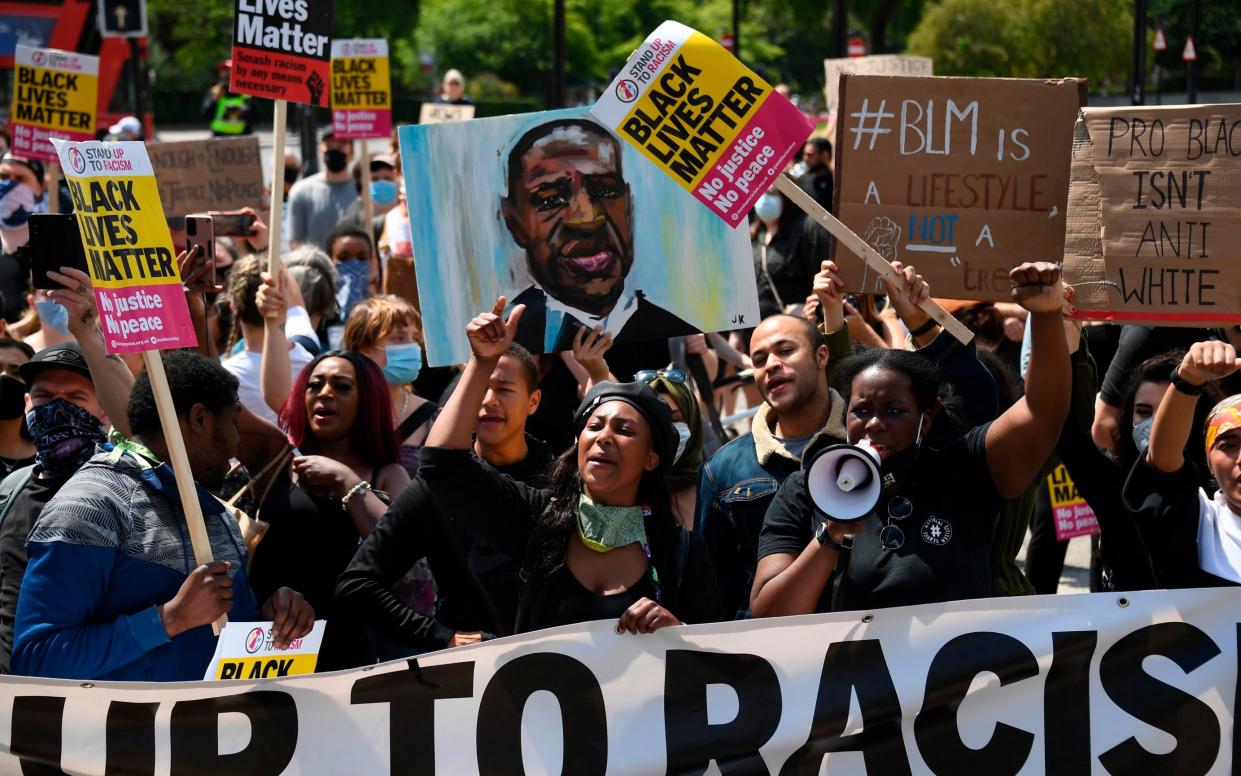Tudor Trust suspends grant applications while staff learn about ‘white supremacy’

One of Britain's largest charities will stop considering applications for grants so that its board members can learn about colonialism and become “truly anti-racist”.
The Tudor Trust, which has assets of nearly £300 million and awards about £20 million a year to good causes, announced this week that it was temporarily halting awarding grants to new applicants so its staff could better understand racism.
In a statement, first reported by The Times, the charity said: “Staff and trustees are still learning about racial justice, white supremacy culture and how racism exists within Tudor and the wider society in which we operate.”
It comes after the charity’s trustees attended anti-racism workshops following the global Black Lives Matter protests in 2020, with the trust saying at the time that it had started “a journey towards a better understanding of the history of racism, the inequity it perpetuates today and how it can be dismantled”.
The trust was set up in 1955 following a bequest by Sir Godfrey Mitchell, an engineer who made his fortune after the First World War with his building company George Wimpey. Many of the current trustees are descendants of Sir Godfrey.
The board of trustees is led by Sir Godfrey's grandson, Matthew Dunwell, and also includes his brother Benjamin, author James Long, and Francis Runacres, who is an executive director of Arts Council England.
It is understood that Christopher Graves, the £120,000-a-year executive director who has worked for the trust for 38 years, is departing next month.
The trust, which is based in Notting Hill, made news in 2020 after it said that the Black Lives Matter protests had “further exposed the systemic racism . . . upheld by our institutions, media and culture, causing harm and denying opportunity to so many”.
The charity attacked the report by the Government's Commission on Race and Ethnic Disparities which in March 2021 claimed that “structural racism is not endemic in the UK”.
Shortly after, the trust announced that it would undertake its journey into anti-racism, starting by “looking inwards at our own understanding of racism and white supremacy”.
According to the trust, these learnings included “some initial thinking about whiteness at Tudor and areas that require change for the organisation to become truly anti-racist”.
The white trustees undertook about 12 hours of workshops, which the trust said gave them a better grasp “of the different characteristics of racism born of Britain’s colonial history, as well as the white supremacy culture that prevails”.
Workshops were held with black, Asian and other minority ethnic staff while white employees attended separate meetings.
In its latest accounts, the trust donated about a quarter of its grants to causes it said focused on Black, Asian and ethnic minority communities.
The trust has awarded grants to 700 groups and said it will continue to support these beneficiaries while the applications process is frozen.
A spokesman told The Times: “The process to become a truly anti-racist organisation takes time and involves a complex dialogue with our staff and trustees. This process is not yet complete and as a responsible organisation we cannot commit to a date when we will accept new applications.”
He added: “Tudor is moving away from its long history as a family trust and will be seeking new trustees to reflect that as the reimagining process progresses.”

